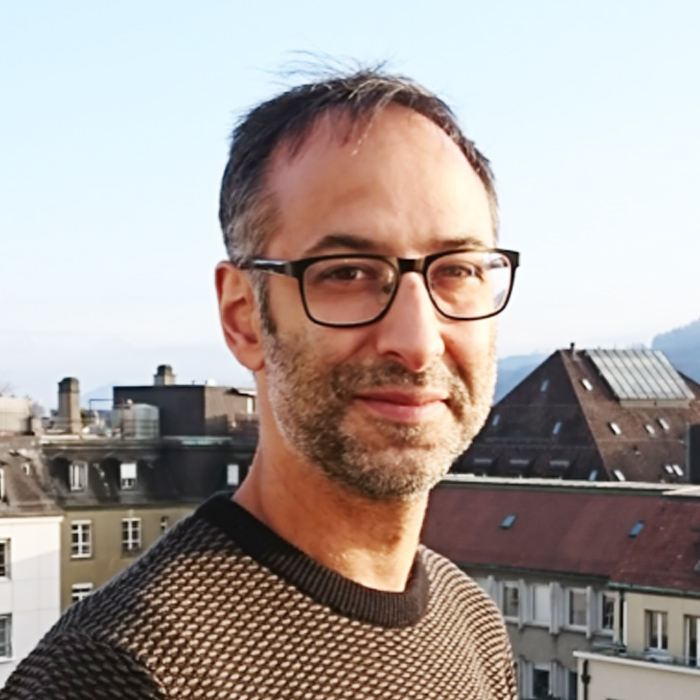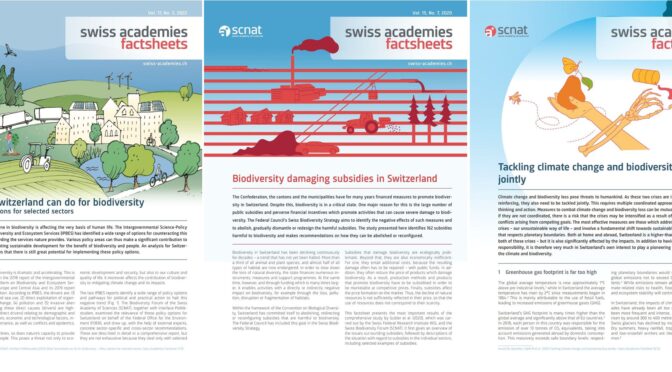PSC Science and Policy Career Talk Series
On November 16, 2022 the first event of PSC Science and Policy Talk series took place. During 1.5 hours our invited guest speaker Dr. Sascha Ismail provided a lively insight into his work at the Swiss Biodiversity Forum at the Swiss Academy of Sciences (SCNAT) in Berne and on his career path.
Sascha Ismail gave personal insights about his science and policy interface work in Switzerland. He explained how he is impacting conservation and biodiversity policies with factsheets that he coordinates in collaboration with Swiss research institutions. From his personal experience, he highlighted important considerations when planning, writing, consolidating, and communicating science-based policy recommendations in policy briefs and factsheets. This included considerations related to data design and layout as well as perspectives and perceptions of stakeholders on the topic of the current biodiversity crisis.
“For a factsheet to have impact, it is not enough to summarize scientific findings in an understandable way. The topic must be relevant to society, it needs careful graphic design, and the publication must be accompanied by other communication measures such as a press release.”
The audience of this talk were PhD students of the PhD Program Science and Policy as well as external PhD students interested in the work at the interface of science, policy and society in Switzerland.

Sascha Ismail (Dr.) is working at the Swiss Academies of Sciences, more explicitly in the Swiss Biodiversity Forum in Bern.
His main goals are to support biodiversity protection through research data that support the decision-making process in policy-making and create a link between scientists in this field and policy-makers. At the Swiss Academies of Sciences his responsibilities range from writing a monthly newsletter on biodiversity research to summarizing the scientific basis on policy relevant topics such as renewable energies and biodiversity, biodiversity-harming subsidies or climate change and biodiversity. Additionally, he’s also a lecturer at the Eastern Switzerland University of Applied Sciences, where he teaches plant ecology to bachelor students in landscape architecture.
Sources:
Swiss Biodiversity Forum (SCNAT), Interface Politikstudien (2022): What Switzerland can do for biodiversity – Policy options for selected sectors. Swiss Academies Factsheet 17 (2)
Ismail SA, Geschke J, Kohli M et al. (2021) Tackling climate change and biodiversity loss jointly. Swiss Academies Factsheet 16 (3)
Gubler L, Ismail SA, Seidl I (2020) Biodiversity damaging subsidies in Switzerland Swiss Academies Factsheet 15 (7)

